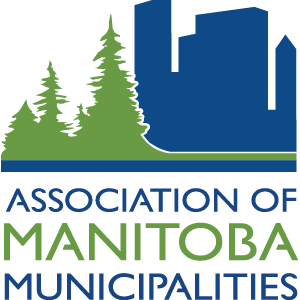Our History
The AMM’s two predecessors, the Union of Manitoba Municipalities (UMM) and the Manitoba Association of Urban Municipalities (MAUM) have a long and storied history. This history was detailed in the AMM’s 2008 book, “With One Voice – A History of Municipal Governance in Manitoba.”
Early Days
Back in 1905, Mayor of Brandon, Manitoba, John W. Fleming, invited municipal politicians from around the province to his city to discuss the formation of an organization for municipal governments. Fifty participants arrived in Brandon from 31 rural and urban municipalities in time for the opening session of Tuesday, March 14, 1905. The mood was unanimously upbeat, for the assembled group promptly passed a motion approving the creation of the UMM.
Union membership grew rapidly in its first half dozen years, levelling off at a little over 100 by 1910. This represented half to three-quarters of the municipal governments in the province.
By 1949, some urbans decided the time was right to go their own way. On the invitation of Dauphin mayor William Bullmore, a group of 65 to 70 urbans met in late October to discuss his proposal of a new organization for urban municipalities. Ultimately the vote was nearly unanimous to form a group called the Manitoba Urban Association. It would use this monikor for 21 years before changing it to the MAUM.
UMM and MAUM
Eventually, both UMM and MAUM officials determined that having two municipal organizations in the province was counter-productive to the advancement of municipal interests. In 1995, the two organizations formed a task force to investigate a merger, on the grounds that “one association that represents all municipal corporations in the province would have a much stronger voice than two separate associations.” Motions carried by both organizations resulted in the formation, on January 1, 1999, of the present-day AMM.
AMM Today
The AMM has looked at what the future holds for municipal government and is trying to help municipalities meet the challenges facing them. The association provides the support and leadership needed to promote strong, functional councils that truly represent the order of government “closest to the people.”
Get Email Updates
Sign up to get interesting news and updates delivered right to your inbox.
Subscribe